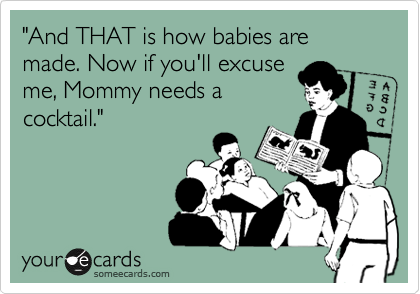A lot is written about teenage boys and their behaviours, particularly in groups. Egging each other on and not thinking about consequences or that they might actually be hurting someone else. So if you’re the parent of a boy, you need to know that boys’ biology and social conditioning put them squarely at risk of doing some seriously stupid things, particularly during their teenage years.
The human brain does not reach maturity until the early 20s. The last parts of the brain to mature are links between the prefrontal cortex, which assists in judgement and problem-solving, and the limbic system, which handles emotion and self-regulation. In other words, teenage brains are not wired for optimal decision-making or response to crisis.
So what can be done to help our boys to make good choices? Here are a few suggestions.
1. Teach them about empathy. You can build empathy in your sons by modeling empathy for them. Help others. Express understanding and give others the benefit of doubt. Talk about and name feelings; boys are under so much pressure societally to suppress their emotions. Make sure your boys know that your No. 1 goal for them to is become decent human beings.
2. Value your son, not his accomplishments. When you go on and on to others about your son’s grades, athletic accolades or starring roles, your child gets the message that his accomplishments are what you value about him. Of course it’s OK to be proud of your son and to share your pride in what he’s accomplished. The challenge is to balance that with acknowledgement of his value as a human being, separate from anything he’s done. Your son needs to know that he’s loved unconditionally. So hug him. Say “I love you.” Show an interest in his interests, and make time to have fun with him.
3. Acknowledge good choices. Most boys and girls make several mistakes each day. But while it’s natural to point these out, we need to make sure to acknowledge the good things they do as well. Praise your son when he helps someone else. (Insider tip: Mention his good deed to someone else when you know he’s listening. He’ll be thrilled!) Thank him for helping you with the shopping or gardening.
These are just a few things that we can all do but the main things is, start as early as possible! The earlier, the better.
Source: http://health.usnews.com/wellness/for-parents/articles/2017-05-15/5-ways-to-help-boys-make-good-choices









